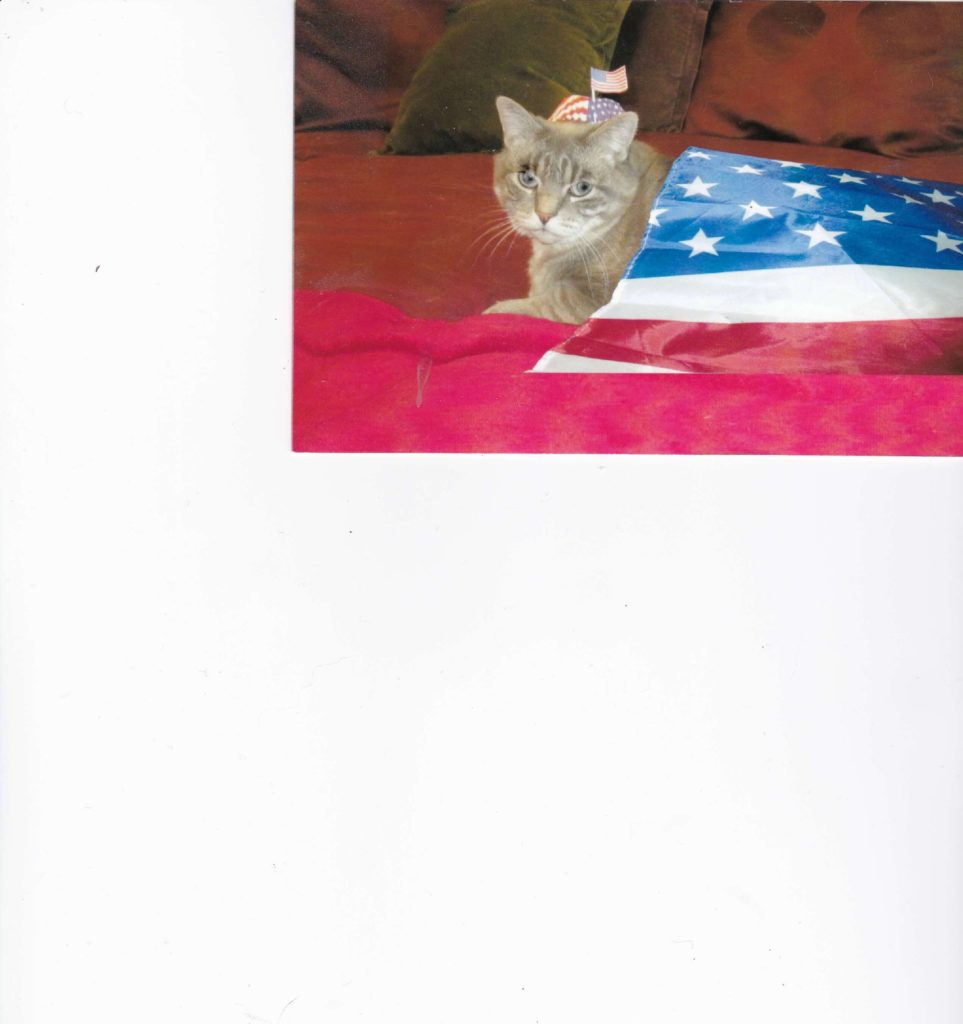
Pre-pubbed writers often hear that they MUST hire a good
editor before moving forward—either with self or traditional publishing. But
how do you find that perfect editor for your project?
Writing Tip for Today: What kind of editors are available and
how do you find a good one?
No Experience Necessary
Unlike barbers or schoolteachers, editors aren’t required to
be licensed. Unfortunately, this often leads to unqualified persons setting you
up for failure. Heard any of these?
- My mom (aunt, neighbor, grandma) was an English
teacher for 30 years. - I’m really good at spelling and grammar.
- I proofread my husband’s papers all the time.
- I got As in English.
Although one of these people might also be a crack editor, chances are they are either not aware of current standards in publishing (such as Chicago Manual of Style or use of Oxford Comma) or else they believe their skill with surface things such as spelling will be sufficient.
Please don’t waste your resources on someone who just
happens to know an English major.
Types of Editors
If you can’t hire Aunt Martha, where do you find a competent
editor? I think it’s helpful to understand the different types of editors and
what they can do for you.
- Substantive/Developmental/Content/Macro Editor. All these labels point to editors whose forte is to work with writers to improve their stories or nonfiction. As the terms, suggest, these editors will evaluate how your work hangs together as a whole, how the central theme is handled and whether or not you’ve still got plot holes, redundancies or other structural problems. They’ll work with you to revise your story to help it become more readable. This editor sees the Big Picture.
- Line Editor. These editors will help you smooth out clunky sentences, run-ons, danglers, passive writing and confusing constructions. Think of this editor as working at the paragraph/sentence level.
- Copy Editor. This is usually the last stop editor. After all the big corrections are made, copy editors pick out the nits: typos, misspelled words, incorrect homophones, contractions and any other mistakes not caught before.
Good Site, Good Reviews
Of course, one editor could do all three functions, or
specialize in one or two. For instance, I enjoy macro editing, but I don’t do
copy editing. So how do find a good editor for your needs?
I think word of mouth is a good first step. Ask your writer buddies for recommendations, and then check out the work on the editor’s site. If the editor has no web presence, beware. The person may not be current on practices and standards.
Then, look to see if an editor’s site is professional and attractive. Is there an award on the page (e.g. Top One Hundred Sites for Writers)? Does the editor offer a free mini-edit (say a page or two of your work)? Is she/he available soon? What are the fees and the turnaround time?
These questions are vital to a good partnership. I always offer at least a complimentary phone chat (I like to know who I’m working with and what they want) and I also review at least a synopsis/first chapter to see if we are a good fit. By that I mean that I do not do erotica and I’m not a fantasy writer so I might not like things fantasy readers love. In any case, I want to feel comfortable with the material and the writer’s goals before money exchanges.
Finding a good freelance editor can be challenging, so I
hope these tips help you find your dream editor!
From Linda: I’m making good progress after my shoulder surgery last week. The sling/brace is a pain but I’m adjusting. I can’t wait to get back to normal—or at least what that looks like for me. Thanks so much for all your kind comments and ongoing prayers.




Hi Linda:
So glad to hear you are feeling better and that you will soon be up and about. I always believed you were a real “slinger.” Or did I mean to say, “swinger”? 🙂
Questions:
1. As an editor, do you insist on the writer’s “first” chapter, (as in chapter 1) or is the specific submitted chapter up to the writer?
2. If an Editor requests Chapter 1, and your novel includes a Prelude, should the Prelude be included?
3. Do you seek the writer’s short synopsis (1,000 words) or the elongated (full outline) synopsis?
Many questions. 🙂 What else did you expect?
Sincerely:
Patrick
Patrick,
If you don’t submit chapter one, it’s not a sin, but it makes editors/agents wonder if your opening is strong enough.
I’d include the Prelude, but make sure 1) it’s short (one-two pp) and really necessary.
I want to start off with a brief (500 word) synopsis. Farther into editing, I might look at the long version or a chapter outline.
Hope this helps!
Keep writing,
Linda
How do i find a good one ? i get asked this a dozen times a week by my clients
Quite often people need a road map or a checklist to guide them , some of us are good at navigating the business while others find it hell